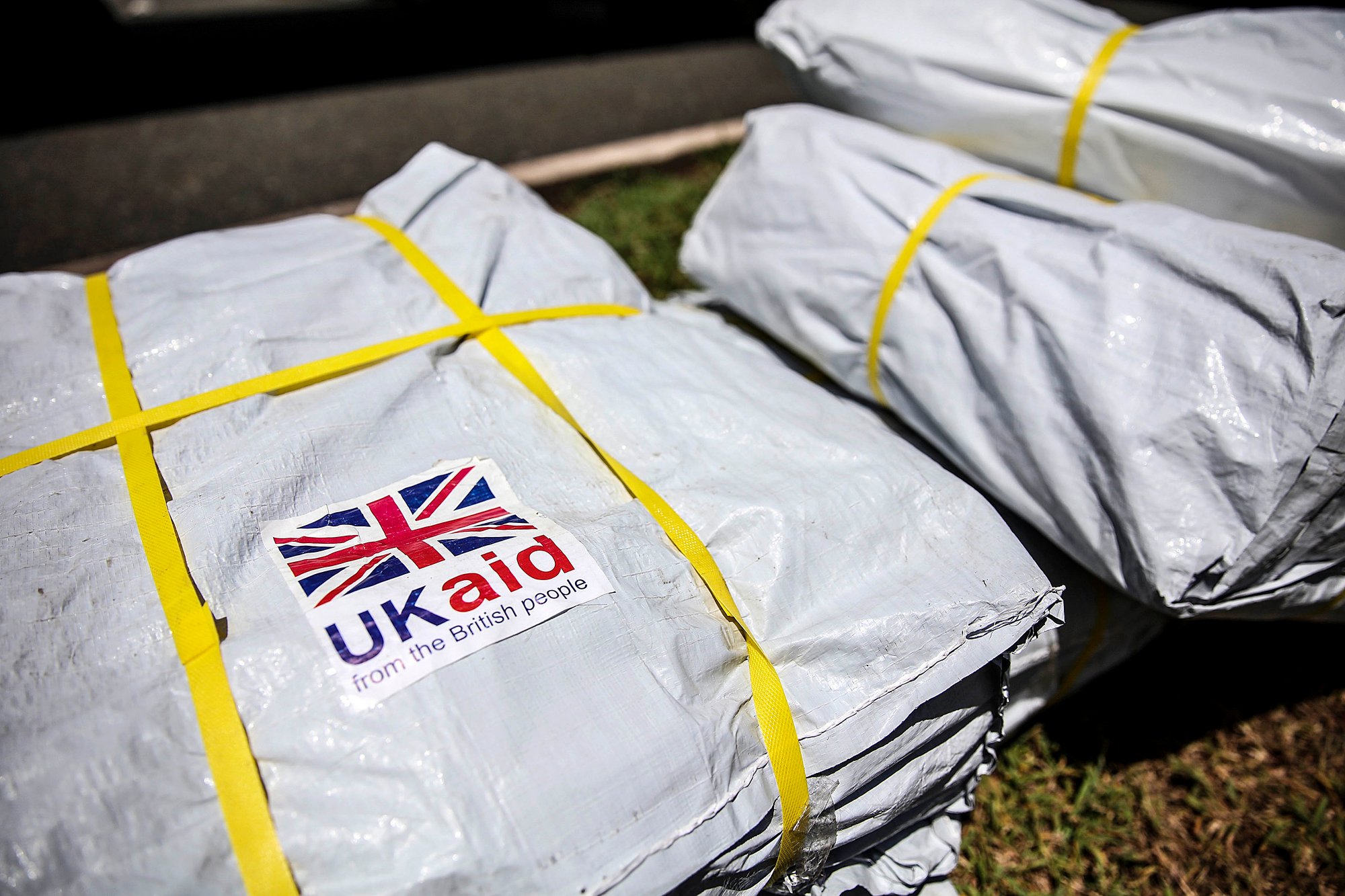
SUPPLY CHAIN & RESILIENCE
Pioneering Supply Chain Resilience for Commercial and Private Sectors
Recognising the multifaceted nature of threats that businesses face today, from cyber-attacks to physical security breaches and unforeseen emergencies, UDSS integrates advanced technology, expert consultancy, and tried-and-tested methodologies to fortify organisational defences to provide supply chain resilience solutions.

Our Approach
The UDSS approach goes beyond the standard protocols, focusing not only on preventative measures but also on building a responsive and adaptive framework based upon a deep understanding of the causes and likely effects in the geo-political defence and security environment. This ensures that businesses can not only withstand disturbances but also rebound quickly, minimising downtime and losses. Our supply chain resilience solutions cater to the unique vulnerabilities and requirements of each client, making UDSS a sought-after partner for entities aiming to thrive in a challenging and unpredictable global landscape.
Pioneering Business Resilience in an Uncertain World
Universal Defence and Security Solutions (UDSS) excels in strengthening supply chain resilience strategies against various challenges, including. Business resilience covers challenges like cyberattacks, changes in geo-political norms, natural disasters, and market changes.
- UDSS uses cutting-edge technology, industry insights, and risk tools to identify vulnerabilities and challenge conventional thinking.
- They provide tailored strategies for immediate threat response, working in conjunction with your teams to build adaptive operational frameworks.
Our Solutions
Supply chain resilience encompasses a spectrum of challenges, from natural disasters and cyberattacks to operational failures and market fluctuations. Universal Defence and Security Solutions (UDSS) operate at the forefront of fortifying organisations against such challenges. Leveraging a blend of cutting-edge technology, industry insights, and risk assessment tools, UDSS collaborates closely with businesses to identify potential vulnerabilities. We offer bespoke strategies that not only counteract immediate threats but also lay the foundation for a robust and adaptive operational framework. By fostering a proactive culture of preparedness, UDSS ensures businesses can navigate an unpredictable world with confidence and agility.
Meet Our Experts
His 28-year military career included service as ACDS (Logistic Operations) in the UK MoD and logistic command on operations from squadron to brigade level, from Bosnia to Afghanistan. He was also pivotal to many support transformation initiatives across Defence, in the land and joint domains, involving greater industry roles in delivering defence support. Since leaving the Army he has worked for large and small consultancies, advising commercial clients in a variety of sectors in strategy, critical programme management and strategic supply chain. David was the founding chairman of the Royal Logistic Corps Foundation, served as a colonel commandant of the Royal Logistic Corps for 15 years and is currently chairman of the Soldiers of Oxfordshire Museum Trust.
Air Commodore (Ret'd) Thornber has had tours in strategic imagery analysis, tactical reconnaissance, intelligence-collection management, instructing, on exchange with the US, contingency planning, and in an outer office. His operational experience spans tours in the Afghanistan, Balkans, Kuwait, Iraq, Qatar, Saudi Arabia and Turkey supporting air and land ops at tactical and joint operational level.
In 2003, he took command of the RAF’s Tactical Imagery Intelligence Wing (now 1 ISR Wing) before returning briefly to Shrivenham as ACSC Directing Staff in 2006. He was promoted to Gp Capt in 2007 as Director Joint Narcotics Analysis Centre and deployed to ISAF Joint Command as Deputy Director Intelligence (Operations) for a year in 2009. He took command of the Joint Air Reconnaissance Intelligence Centre in 2010, moving it to Wyton in 2012 to form the Defence Geospatial Intelligence Fusion Centre. In 2013, he was posted to Supreme Allied Command HQ as Head Knowledge Management, before being promoted to Air Cdre in 2015 and returning to UK as ACOS J2 at the UK’s Permanent Joint HQ. He became a Commander in the Order of the British Empire in 2014.
In 2016, he was posted to US Central Command as Deputy Director for Intelligence (Operations) as 1* lead for ISR, Targeting and Intelligence Plans and Ops, for which he earned the US’s Legion of Merit (Officer). He returned to the UK in 2018 to Defence Intelligence as Head of Assessment for Middle East and Africa in close support to Ministers and Service Chiefs, and then in 2019 became Head of Defence Intelligence Operations.
He retired from Regular Service in 2021 but has a continuing role in the RAF Reserve as Deputy Director in UK Strategic Command’s Integrated Cyber Electro-Magnetic & Effects Directorate. He is also an independent Defence and Security consultant in financial and technical sectors, is Chair of the RAF Intelligence Association, and President of the Medmenham Association.



